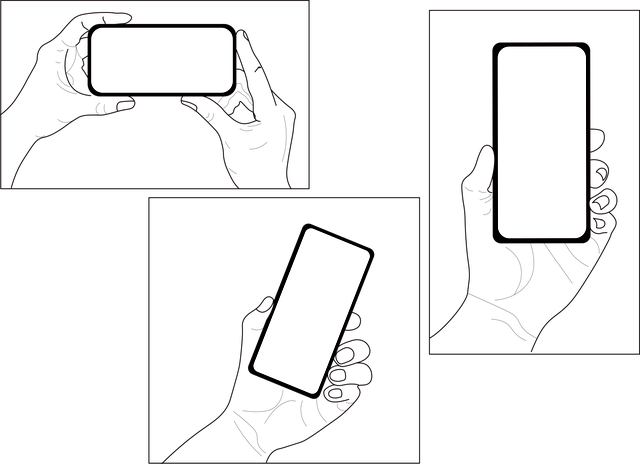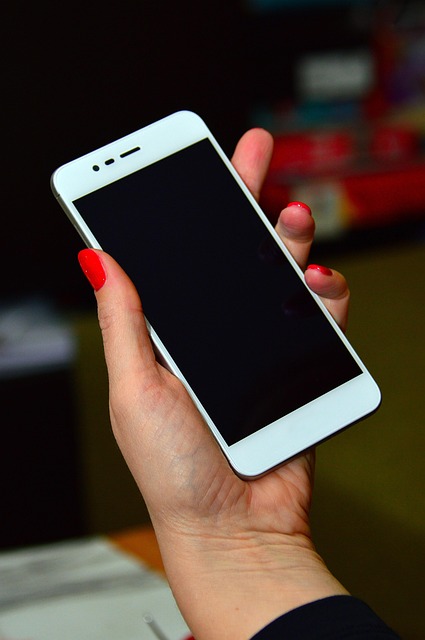Understanding Spoofed Calls: Types and Common Tactics
Spoofed calls, a growing concern in Spartanburg and across South Carolina, are manipulated phone calls designed to deceive recipients into believing they’re communicating with someone or somewhere legitimate. These calls often use sophisticated technology to mask their true origin. Common types include caller ID spoofing, where the display shows a local number, and voice-over IP (VoIP) technology, enabling callers to mimic real numbers or even specific individuals.
Spoofers may employ tactics such as claiming to be from government agencies, financial institutions, or tech support teams to gain trust. They often target individuals with urgent messages, demanding immediate action, or offering false rewards. Recognizing these schemes is crucial in protecting yourself. If you suspect a call is spoofed, don’t provide any personal information and consider using tools or services that block such calls, like those promoted by South Carolina’s spam call law firms. Consulting a lawyer specializing in TCPA (Telecommunication Consumer Protection Act) cases can also help you understand your rights and take appropriate action, including reporting these incidents to the relevant authorities.
Identifying Spoofed Calls: Tips and Tools for South Carolina Residents
Identifying spoofed calls is a crucial step in protecting yourself from unwanted and potentially harmful spam calls in Spartanburg, South Carolina. Today’s advanced technology allows scammers to mask their identities, making it essential for residents to stay vigilant. Look out for unusual call displays with unknown or local numbers but no name. Often, these are spoofs designed to trick you into answering. Scammers may also use automated voice services or pre-recorded messages, another red flag.
There are several tools and tips available to help South Carolina residents combat spoofed calls. Consider using call blocking apps specifically designed to identify and block spam. These applications can learn to recognize patterns and prevent known scammers from reaching your phone. Additionally, report suspicious calls to the Federal Trade Commission (FTC) and your local law enforcement agency. By doing so, you contribute to a broader effort to track and stop these fraudulent activities. Remember, staying informed and proactive is key in navigating the complex world of spam calls, and consulting with a reputable law firm specializing in TCPA cases can provide further guidance on how to stop spam calls in South Carolina.
Reporting Spoofed Calls: Legal Framework and Steps to Take in Spartanburg, SC
In Spartanburg, South Carolina, the fight against spoofed calls is both a legal and community effort. When faced with these deceptive practices, individuals have a crucial role to play in combating them. Reporting spoofed calls is an essential step towards curbing this nuisance. According to the Telephone Consumer Protection Act (TCPA), it’s illegal for any person to make or cause to be made any phone call to any residential telephone using automated dialing equipment or prerecorded messages without prior express consent of the called party.
If you’ve received a spoofed call, take immediate action by documenting the details: record the caller ID, date, and time of the call. Then, report it to your local law enforcement agency and consider contacting a spam call law firm in South Carolina or a lawyer specializing in TCPA cases. These legal professionals can guide you through the process of filing a complaint with the Federal Communications Commission (FCC), ensuring that the perpetrators face consequences under South Carolina’s anti-spam laws.






